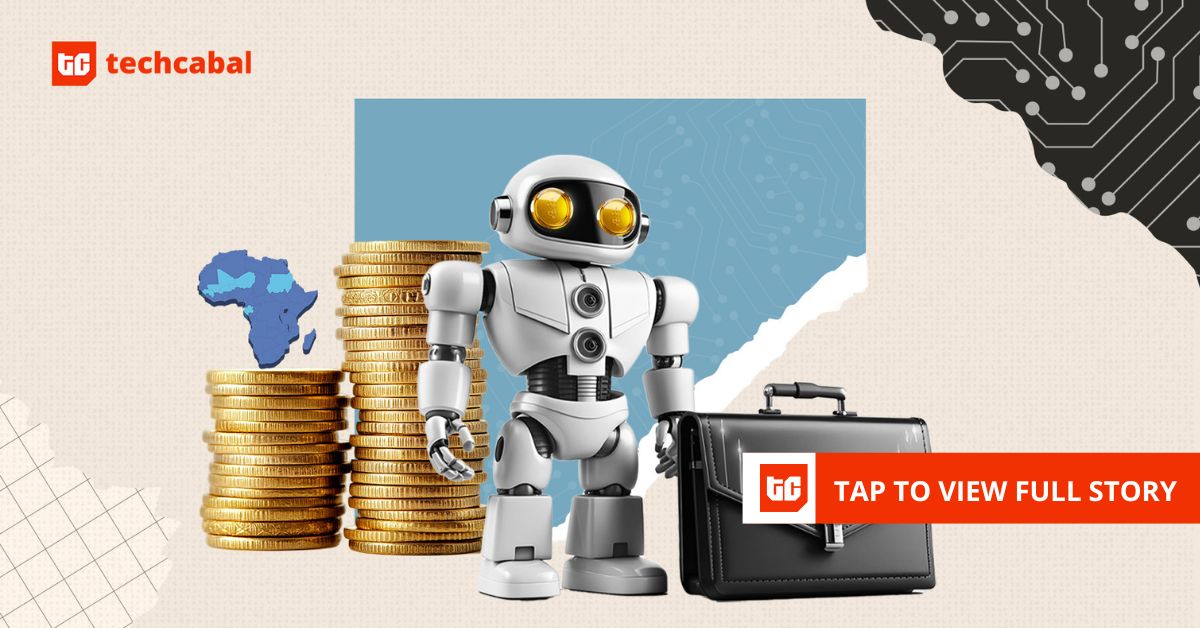In August, the ninth Tokyo International Conference on African Development (TICAD) drew African attention for an unusual announcement: Japan proposed designating several of its domestic cities as “official hometowns” for Africans from Ghana, Nigeria, and Mozambique. The symbolic gesture is part of a broader push to deepen economic collaboration and cultural ties.
Tokyo also made some other important pledges that day. It promised to train 30,000 African artificial intelligence experts over the next three years, a move aimed at easing the continent’s acute talent shortage while embedding Japanese technology and corporations in Africa’s fast-emerging AI economy, estimated to reach $16.53 billion by 2030.
This commitment reflects a larger pattern. Despite Africa’s modest 2.5% share of the global AI market, the continent remains a magnet for foreign governments, multinational companies, and international NGOs. The lack of domestic support for infrastructure, talent, and financing leaves the field open for others to shape how AI is adopted and developed on the continent. From Ottawa to Tokyo to Silicon Valley, external actors are investing heavily to influence how AI is developed, deployed, and governed in Africa.
Canada’s long bet
Among Africa’s most consistent AI backers is Canada, mainly through its International Development Research Centre (IDRC), which funds research and innovation in low-income countries. Over half of the IDRC’s $282 million budget supports AI-focused projects in Africa. According to an IDRC policy paper, “research not only advances sustainable development in Africa but also builds a stronger future partner for Canada.” As of June 2024, the IDRC has about 82 active projects across countries such as Nigeria, Senegal, Kenya, and Rwanda.
The impact is visible on the ground. At the University of Lagos, computer scientist Chika Yinka-Banjo heads an AI and Robotics lab established with IDRC support. Her recent AI in Education project, building personalised learning assistants for Nigerian students, is one of many responsible AI-focused projects funded by the Canadian institution. In South Africa, at the University of Pretoria, another IDRC-supported group is shaping how intellectual property laws can support inclusive, Africa-focused AI innovation. By filling critical funding gaps, Canada has positioned itself as a trusted, long-term partner in shaping Africa’s AI landscape.
Japan’s talent diplomacy
Ahead of TICAD, Japan’s development agency JICA released a report underscoring a key question: “Who will build, manage, and scale the continent’s AI future?” Its answer is the 30,000-expert programme that will place Japanese universities and companies at the centre of Africa’s talent ecosystem for the next three years.
The scheme will draw in the top 20 to 30 African universities, with students trained in handling large datasets and applying AI to business. Graduates are expected to move between African startups and Japanese corporations. The model pairs human capital development with market access, a strategy that could spread Japanese AI standards across African businesses and economies.
Italy’s different approach to diplomacy
Under the 2024 “Mattei Plan,” Rome is attempting to reframe its Africa policy away from traditional aid programmes towards partnership and innovation-focused investments. Senator Adolfo Urso, Italian Minister of Enterprises, says the country will strengthen Africa’s AI ecosystem by supporting 500,000 African startups with computing power over the next three years.
The AI Hub for Sustainable Development, supported by Italy, will also commence a six-month-long compute accelerator programme in October to support 120 AI early-stage ventures on the continent with compute needs, technical mentorship, and opportunities for international partnerships.
Big Tech is also making big investments
Global technology giants are also racing to stake claims. In July, Google pledged $37 million to boost AI development across Africa, including $1 million each for the University of Pretoria and Wits University in South Africa to support research projects. Microsoft also announced a $1 billion initiative to build a geothermal data centre in Kenya alongside projects to develop language models in local languages.
African players are not absent. In April, Cassava Technologies, a tech company founded by Zimbabwean billionaire Strive Masiyiwa, announced plans to partner with Nvidia, the leading U.S.-based chip designer, to build AI-ready data centres across South Africa, Egypt, Nigeria, and Morocco. The deal is valued at approximately $720 million.
The sovereignty question
Africa’s AI momentum is undeniable, but the imbalance in who funds and builds it raises questions. Foreign governments and corporations are already driving the establishment of research labs, data centres, and even regulatory frameworks. Without deliberate investment from domestic governments and institutions, Africa risks outsourcing not just its infrastructure but also its sovereignty over how AI is deployed. On September 1, Nigeria’s minister of communications, digital economy and innovation, Bosun Tijani, called on African governments to unify their efforts to build AI infrastructure on the continent to help ensure nations still catching up avoid getting left further behind in the AI era.
Unlocking the continent’s AI potential will require careful collaboration: leveraging external resources while building local capacity, ensuring that Africa’s AI future is not only imported, but owned.
Mark your calendars! Moonshot by is back in Lagos on October 15–16! Join Africa’s top founders, creatives & tech leaders for 2 days of keynotes, mixers & future-forward ideas. Early bird tickets now 20% off—don’t snooze! moonshot..com









